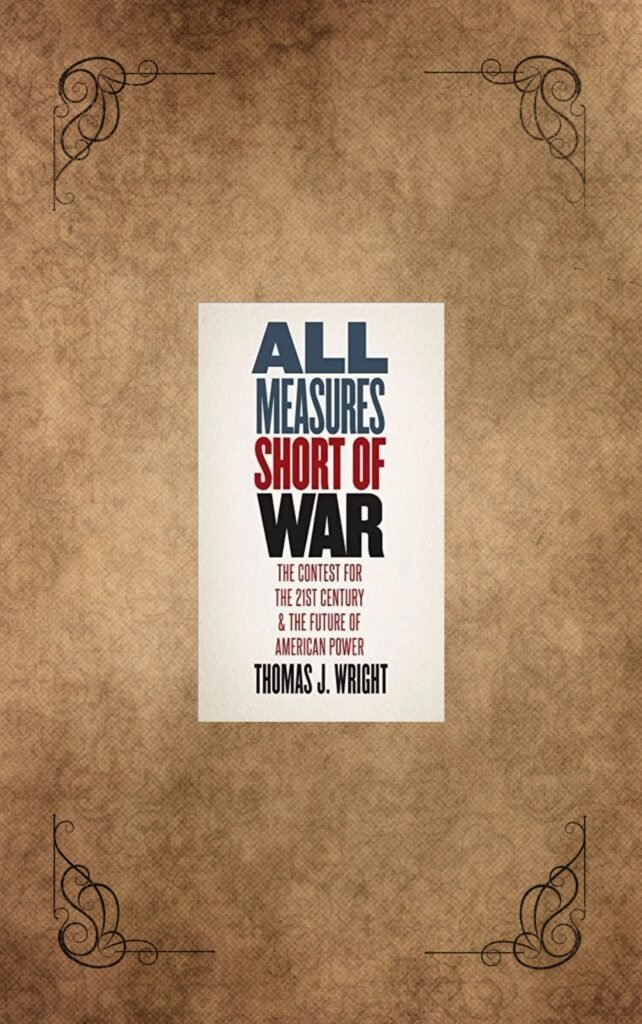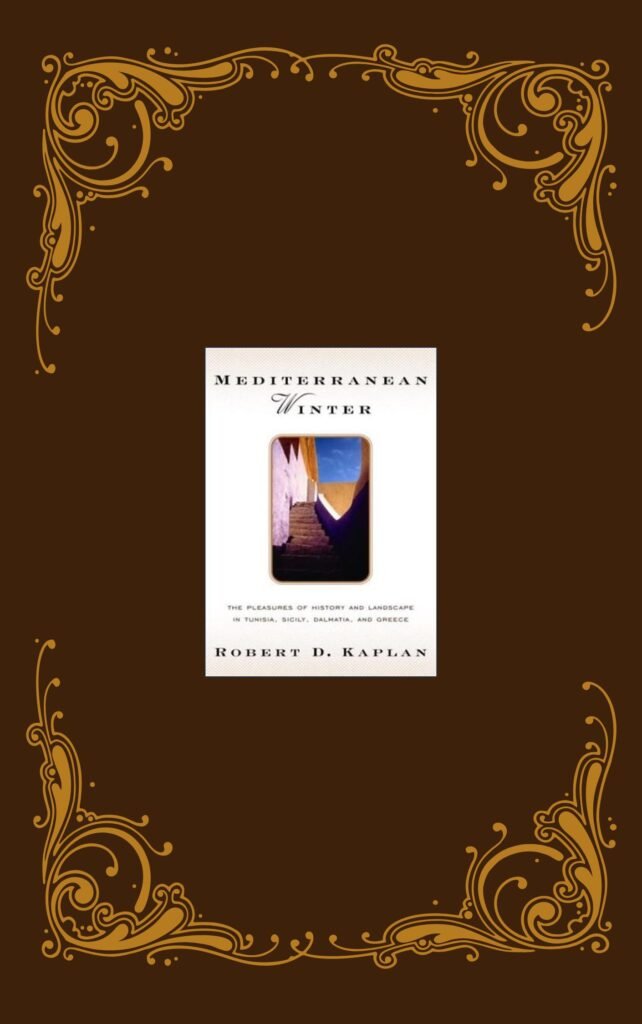Great Power Competition Narrative: Lessons From Gaza: Every nation indulges in study of conflict and react in ways suited to their peculiar circumstances. The level of indulgence of course remains relevant to the so called National Interests of the country. For Great Powers, unfortunately, everything matters. More so when the conflict persists in a geographically important area. Gaza by all means is such a reality. This article Great Power Competition Narrative: Lessons From Gaza, explores the U.S. response to current Gaza conflict and the lessons for the increasingly multipolar world in the great power competition narrative.
Great Power Players
There is varied understanding in the world regarding great power players. Also there is an assertive analysis that future great power competition and conflict is alliance reliant. In today’s world, unrestricted warfare is also a well understood phenomenon necessitating governments to calibrate responses involving all fronts. Narrative and parallel narratives are therefore an important aspect that no great power can ignore.
Whatever way one tends to analyze today’s geopolitical landscape on truly global level, U.S. – China competition is the one that really emerges as the key geopolitical contest that will have a great impact in shaping the future of this world. Everything else is likely to revolve around the same for foreseeable future.
Great Power Competition Narrative
What is the fundamental argument in this narrative? What are the fears that allay different nations in their approach to the emerging world order? How U.S. reactions in latest Gaza conflict is counter productive to that narrative?
Ukraine conflict has demonstrated clearly. To be effective against the opponent on the international stage, cooperation of neutrals is important. One of the major snub for U.S. pertaining Middle East’s cooperation in Ukraine conflict has been the production levels and pricing of oil. Future scenarios should also cater for large LNG production share of Middle East.
Most Middle Eastern political figures are either permanent or at least serve for a much longer duration. Those who replace their forbearers had already been part of the governance system. Therefore, they evaluate their options based on their own, families’ or organizational experiences which drives the strategic culture. It has already become more complicated for U.S. in the Middle East. Present U.S. strategy of dealing with Gaza conflict is likely to damage U.S. standing further. These actions may not be assuring for many others around the world and in clash of civilization it adds fuel to hatred of Muslims towards U.S. This is what lays seeds for a new 9/11.
The fundamental U.S. theme in the great power competition narrative is the ‘rules based order’, ‘human rights’ and ‘democratic values’. Greeks may have read them as ‘fear, honor and interest’. The underlying plot is basically portraying opponent as evil. These righteous sounding words resonate throughout the strategic messaging of U.S. and her allies. These are the themes one can hear coming from NATO, from G-7 summits, from QUAD countries and so on.
The basic construct of rules based order is to promote and shape behavior of nations in ways and means that do not clash with the vital interests of other nations. Though between the line one can clearly read it means the interest of U.S. Gaza conflict, Israel’s actions and U.S. support, however, clears a lot of fog damaging this narrative giving impetus to parallel narratives.
Starting with rules based order. It is a vague term. Some argue that it points to a world order that has existed since the end of World War II. Like the entire human history, it has seen constant jostling amongst nations striving to define, shape and influence this world order. Democracy versus Communism remained the cover page title, U.S. and Soviet Union remained the major players and U.N. remained its tool. Regardless of the governments it sought or their virtues, essentially it was a struggle of influence.
With the fall of Soviet Union and subsequent rise of globalization thanks to the basic enablers; the Computers and Internet revolutions, long awaited period of long peace and prosperity led by great power U.S.A at its helm, that was supposedly to ensue however, remained short lived.
When policy and strategy remains narrowly focused on one aspect, it often ignores many and sometimes all other possibilities. Resultantly, the end state that is achieved is often different from the one that is initially perceived. What is more alarming is the fact that if the policy and strategy appears to be succeeding at the time; ignorance of the longer term issues thus occur and core issues remain unresolved. Another pitfall is to believe that a successful policy and strategy in any given situation will be as useful in other situations.
Resultantly, a 2.0 localized version of that cold war emerged with Russian involvement in Georgia in 1992 which became a full scale crisis by 2008. The pro-western Georgian government in 2003, just like Ukraine of today was lured to believe in the hollow promises, resulting in ignorance of the realpolitik against idealism. Results for Georgia remained the same as they have been for Ukraine so far. Russia did what it wanted to do and despite all the world rhetoric, sanctions and so on, Russia remained confident to do that again in Crimea in 2014 and again in Ukraine since 2022. Remaining within this struggle, we also see this rivalry at play in Syria, Libya and the greater Middle East as well as in Global South. What has the U.S. and her allies achieved so far? Is it lasting? Whatever the perspective, these questions require a conscious analysis.
Now comes China. China, like Russia, also wants to change the status quo. It will be fair to say that China has the capacity, ingress and influence to rival U.S. It is also be fair to conclude that China is in no position to replace U.S. at least in foreseeable future. It’s unlikely that U.S. will turn into a post World War II U.K, where crown rapidly lost its capacity to hold on to its empire.
To be continued.
About the Author.







2 Responses
Very thought provoking article with abundance of substance for global policy articulators.
Great analysis with very pertinent future predictions